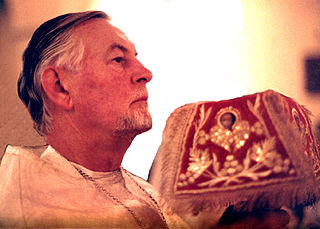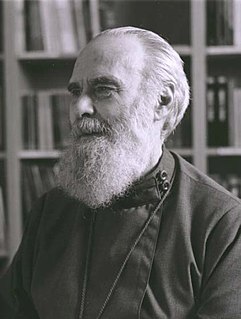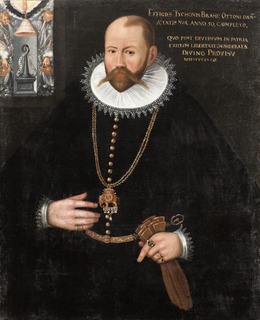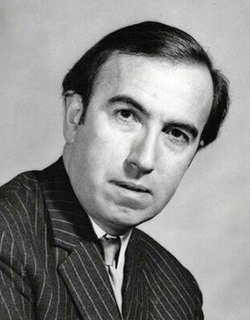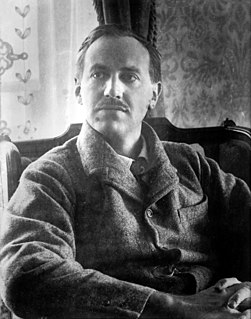A Quote by Alexander Schmemann
How torturous is the "churchly" language one must speak in church - the tone, style, habit. It is all artificial; there is a total absence of a simple human language. With what a sigh of relief one leaves this world of cassocks, and kissing and church gossip. As soon as one leaves, one sees: wet bare branches, fog which floats over fields, trees, homes. Sky. Early dusk. And it all tells an incredibly simple truth.
Quote Topics
Absence
Artificial
Bare
Bare Branches
Branches
Church
Dusk
Early
Fields
Floats
Fog
Gossip
Habit
Homes
How
Human
Human Language
Incredibly
Kissing
Language
Leaves
Must
Over
Relief
Sees
Sigh
Sigh Of Relief
Simple
Simple Truth
Sky
Soon
Speak
Style
Tells
This World
Tone
Total
Trees
Truth
Wet
Which
World
Related Quotes
You can leave the Church, but you can’t leave it alone. The basic reason for this is simple. Once someone has received a witness of the Spirit and accepted it, he leaves neutral ground. One loses his testimony only by listening to the promptings of the evil one, and Satan’s goal is not complete when a person leaves the Church, but when he comes out in open rebellion against it.
By now, the morning sun was just over the horizon and it came at me like a sidearm pitch between the houses of my old neighborhood. I shielded my eyes. This being early October, there were already piles of leaves pushed against the curb—more leaves than I remembered from my autumns here—andless open space in the sky. I think what you notice most when you haven’t been home in a while is how much the trees have grown around your memories.
It seems to me, and I am personally convinced, that the Church must never speak from a position of strength. [These are shocking words.] It ought not to be one of the forces influencing this or that state. The Church ought to be, if you will, just as powerless as God himself, which does not coerce but which calls and unveils the beauty and the truth of things without imposing them. As soon as the Church begins to exercise power, it loses its most profound characteristic which is divine love [i.e.] the understanding of those it is called to save and not to smash.
I consider lace to be one of the prettiest imitations ever made of the fantasy of nature; lace always evokes for me those incomparable designs which the branches and leaves of trees embroider across the sky, and I do not think that any invention of the human spirit could have a more graceful or precise origin.
As long as we see church life as a meeting we’ll miss its reality and its depth. If the truth were told, the Scriptures tell us very little about how the early church met. It tells us volumes about how they shared life together. They didn’t see the church as a meeting or an institution, but as a family living under Father.
Sometimes I come across a tree which seems like Buddha or Jesus: loving, compassionate, still, unambitious, enlightened, in eternal meditation, giving pleasure to a pilgrim, shade to a cow, berries to a bird, beauty to its surroundings, health to its neighbors, branches for the fire, leaves for the soil, asking nothing in return, in total harmony with the wind and the rain. How much can I learn from a tree? The tree is my church, the tree is my temple, the tree is my mantra, the tree is my poem and my prayer.
The language of the heart--the language which "comes from the heart" and "goes to the heart"--is always simple, always graceful, and always full of power, but no art of rhetoric can teach it. It is at once the easiest and most difficult language--difficult, since it needs a heart to speak it; easy, because its periods though rounded and full of harmony, are still unstudied.
And at that moment a wind came out of the northwest, and entered the woods and bared the golden branches, and danced over the downs, and led a company of scarlet and golden leaves, that had dreaded this day but danced now it had come; and away with a riot of dancing and glory of colour, high in the light of the sun that had set from the sight of the fields, went wind and leaves together.
